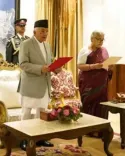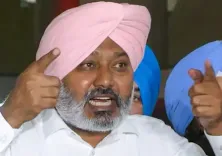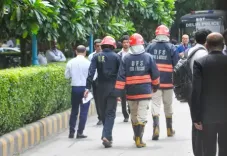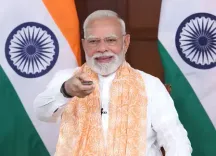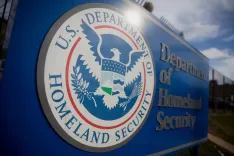Should India Boycott the Upcoming Match Against Pakistan?
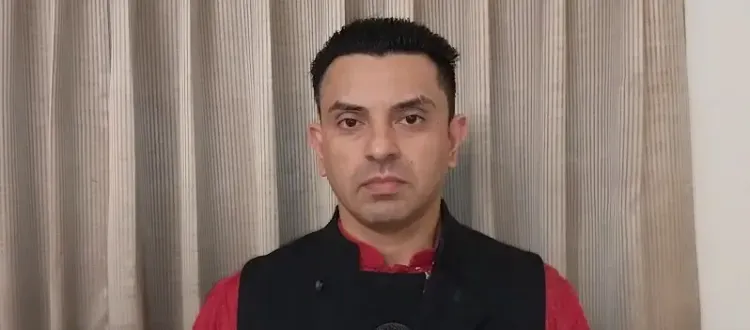
Synopsis
Key Takeaways
- Tehseen Poonawalla advocates for a nationwide boycott of the India vs Pakistan match.
- Concerns arise over Mohsin Naqvi's role in the cricketing administration.
- The recent Pahalgam terror attack highlights the ongoing tensions.
- Social media is abuzz with calls for #BoycottIndvsPak.
- Financial benefits of the match are questioned.
New Delhi, Sep 12 (NationPress) As the electrifying clash between India and Pakistan in the Asia Cup 2025 approaches this Sunday, political analyst Tehseen Poonawalla has urged the nation to boycott both the match and the entire tournament.
Poonawalla criticized the match's scheduling, referencing recent terrorist incidents and the rising tensions between the two countries.
"The entire nation—140 crore Indians—does not wish to engage in any relationship with Pakistan, nor do we want to participate in cricket," he remarked to IANS.
He expressed profound concerns regarding Mohsin Naqvi, who currently serves as the President of the Asian Cricket Council and Chairperson of the Pakistan Cricket Board, in addition to his role as Pakistan’s Interior Minister.
“This is the same individual who has openly supported Asim Munir and once suggested a nuclear strike against India. How can we engage in cricket with a nation whose leaders discuss nuclear warfare?” he questioned.
Poonawalla pointed to the horrific terror attack in Pahalgam, which resulted in the deaths of 26 civilians, alleging direct connections between the attack and the incendiary rhetoric from Asim Munir.
“The terrorists involved were trained in Pakistan. The animosity incited by their Army Chief, Asim Munir, led to this tragedy. Our government has merely paused, not concluded, Operation Sindoor. How can we justify sharing a field with them?” he remarked.
Additionally, Poonawalla criticized Pakistani cricketers, notably former cricketer Shahid Afridi.
“We witnessed Afridi and others supporting Pakistan's terrorists, even ridiculing the attacks through social media memes. Are we really expected to play cricket, shake hands, and pretend nothing has occurred?” he stated.
Refuting claims that financial incentives drive the match, Poonawalla asserted that the Board of Control for Cricket in India (BCCI) does not benefit from this arrangement.
“TV broadcasting rights were sold for a mere Rs 1,450 crore over seven years. That revenue doesn’t go to BCCI—it moves to the Asian Cricket Council and ultimately to Pakistan's board. Our finances are supporting a nation that nurtures terrorism. This is simply intolerable. The entire country will boycott the match,” he declared.
As another India vs Pakistan matchup looms, the atmosphere is anything but celebratory. The nation is still reeling from the cowardly and tragic events in Pahalgam just five months ago, and during such dark times, cricket understandably takes a back seat.
The announcement of the match in July, mere months after Operation Sindoor, ignited outrage nationwide. In the lead-up to the match, social media has erupted with hashtags like #BoycottIndvsPak, with voices from veterans, actors, senior journalists, and even former cricketers like Harbhajan Singh, advocating for fans to reject the game in protest against Pakistan's support for terrorism.
Meanwhile, Pakistan arrives at the Asia Cup following a tri-nation T20 series victory against Afghanistan and the UAE in Sharjah.
India was originally set to host the tournament as per the hosting rights schedule. However, although the Board of Control for Cricket in India (BCCI) is the official host, the tournament is being staged in the UAE due to the ongoing conflict between India and Pakistan.

